Driving an RV can be intimidating, especially for people who are used to driving smaller vehicles.
If you have had your driving license for more than 12 months then you can drive an RV in the USA, which means that there isn’t always specific training you have to go through. Unfortunately, this does mean that a lot of people who are driving RVs may not be totally ready. There’s no point in taking any risks on the road, so our tips on learning to drive a bigger vehicle safely can be very helpful.
It’s important that you learn how to drive an RV safely before you go on a long journey. If you don’t want to get a call from a personal injury lawyer having caused an accident, you should do all in your power to ensure you are driving with the most care, attention, and skill possible.
Make Sure You Practice
If you are planning to drive across states or head to a new and exciting area, it makes sense to do some local practice drives first. Go on roads you know will be quiet so that you can get a feel for the vehicle without having the added stress of lots of traffic. Get used to how the vehicle maneuvers. You can even use an empty parking lot to get a feel for reversing and handling, and the turning circle of your RV. Gradually, you can build up confidence and prepare for busier roads.
An RV will drive differently from your car, and any new vehicle takes some adjustment. Most people are concerned about the size of an RV, and this gets less intimidating with practice. It may feel like driving a bus to start with, but soon you will get used to the added bulk and your driving will automatically adjust. If you drive an RV enough, getting back into your car might feel weird.
Use Your Mirrors Properly
Using a larger vehicle makes it even more vital that you use mirrors properly to fully understand what is going on spatially around your vehicle. A big part of this is setting up the mirrors properly before you set off on a long drive. You should be able to see the road behind you and some of the sides of your RV.
If you aren’t using your mirrors properly then you could risk an accident, it is so easy to turn too sharply and cause a crash. Take some time to properly understand the size of your RV. Some mirrors need you to consider the way they are distorting the reflection, too. Ever seen one with the sign “objects may be closer than they appear in the mirror”?
The Limits of Your RV
RVs aren’t like other vehicles. You will find it difficult to overtake cars and in most instances, you should avoid doing so. For safe overtaking, you need to know that the acceleration of your vehicle can handle it and ensure you have plenty of room to get past the slow-moving vehicle. Usually, RV drivers are the ones being overtaken, rather than doing the overtaking.
You also need to know the size of your RV so you will be able to judge whether you can go under certain bridges, for instance. Some routes also have roads that might be unsuitable for heavier RVs and haulage vehicles. Every model of RV is different, but you should have an idea of the weight and size of your RV.
Watch the Weather
The weather may not always be your friend. If you aren’t confident driving in a certain type of weather then you should not risk it. Your RV will probably be quite hardy and capable of driving in the rain, but different conditions can make it more of a challenge. Extreme weather and low visibility need to be considered, and you should make an assessment based on weather forecasts and warnings as to whether your drive goes ahead. It’s always better to be safe.
Keep Your Distance From Other Vehicles
This is something that many people forget to do when they start driving RVs. If you are used to driving smaller vehicles then there is every chance that you will naturally stay a safe distance for a car, but not a safe distance for an RV.
The big, heavy design of an RV means that it will take longer to stop, especially if conditions are wet. Most driving instructors and vehicle safety specialists agree that you should stay at least 4 or 5 seconds behind the vehicle in front to ensure you have time to slow to a stop. A lot of driving an RV is about taking things nice and steady, rather than trying to race ahead and get to your destination quickly. Being happy to sit back and keep your distance from other vehicles is a big part of this. Remember that you really don’t gain more than a couple of seconds by getting close to the car in front, and you could be taking a big risk.
Take an RV Training or Refresher Course
If you aren’t overly confident about driving an RV, and feel like you’re too used to driving a smaller vehicle, you can take training courses that can help you to learn in a safe environment and improve your skills driving a larger vehicle. This can give you some excellent tips and tricks for driving your RV, but it is also just a way to grow your experience by taking control of a larger vehicle.
If you are new to driving an RV then this could be a really positive way to break yourself in. Eventually, it might come as second nature, but for most people with standard driving licenses, there is an adjustment period. There’s nothing wrong with taking a course to ensure your knowledge is at a reasonable level and that you feel confident behind the wheel of a big RV before you set off on those long, exciting trips.





























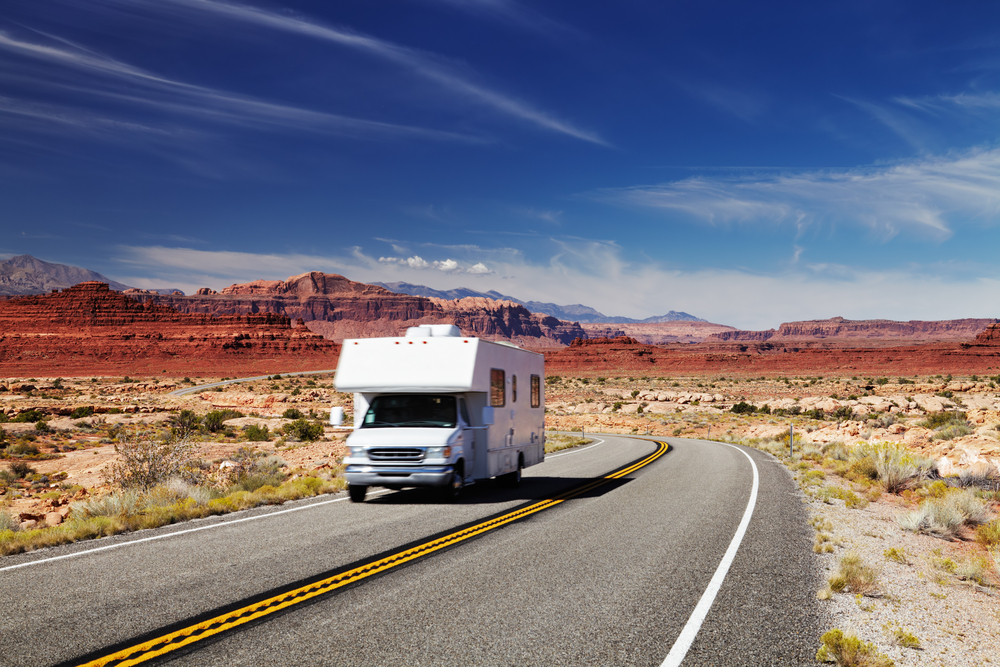






















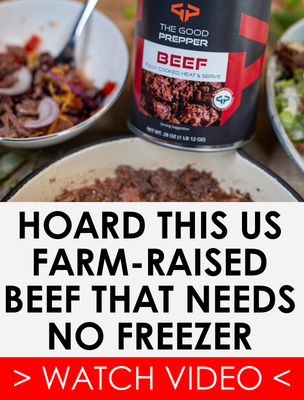


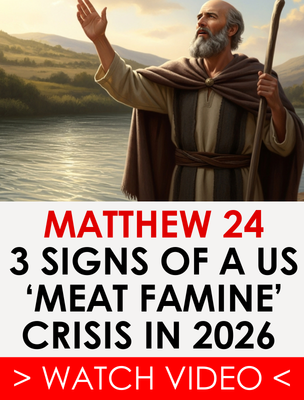
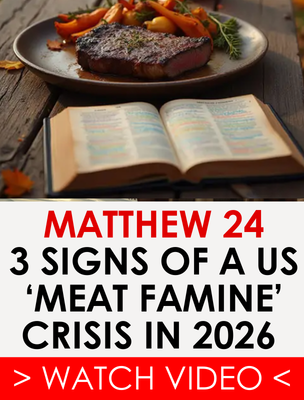








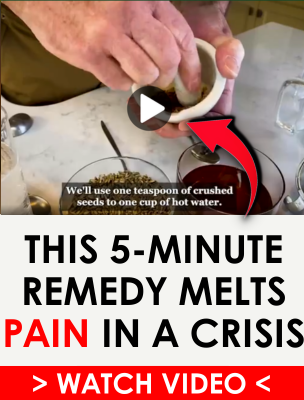


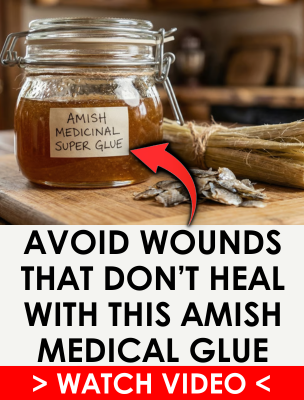
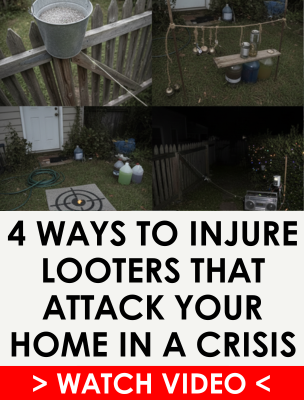
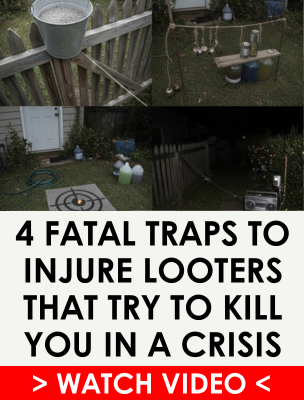
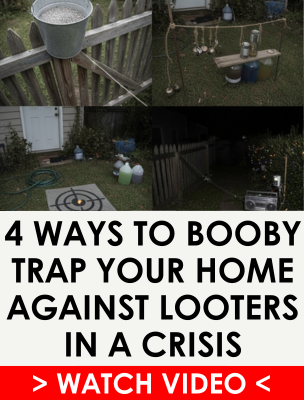

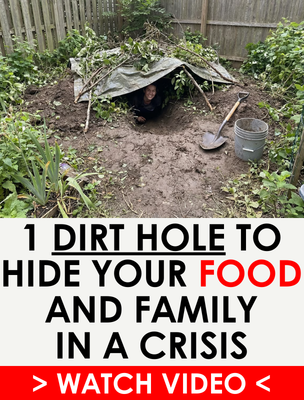






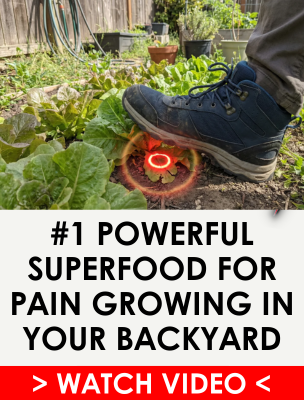



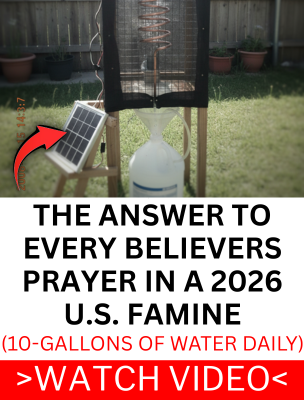
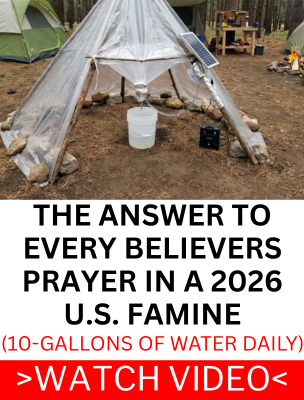
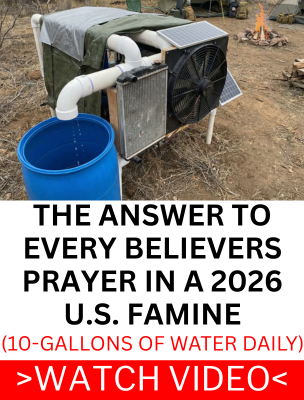

Interesting that you Did Not mention the Greatest Hazard to any RV ( of Any Size ) – Strong Crosswinds. I have driven RVs for 50 Plus years – from PickUp Campers to 35 Ft. Class “A” Motorhomes and 33 Ft. towed travel trailers. The only time I had any problems on any type of roads – Narrow, Twisting, Steep, Flooding, Black Ice, or Snow Pack – Was when the Wind was blowing strongly from the side. Expect the worst because you May Get It !
If you haven’t had any trouble on black ice, it is because your situational awareness allowed for the possibility of it. Often with cross winds, we can do the same. Anytime you lose the protection of sides walls, whether it be a building, large vehicles, or a stretch of highway blasted through a hill, expect a crosswind. Often they will seem to come out of nowhere, but usually there is some weather that should alert you. But sometimes they do come out of nowhere we can expect. It is more important in large vehicles, but you can never just ‘mail it in’. NEVER go ‘code white’. Maintain SOME semblance of awareness. And enjoy life longer.